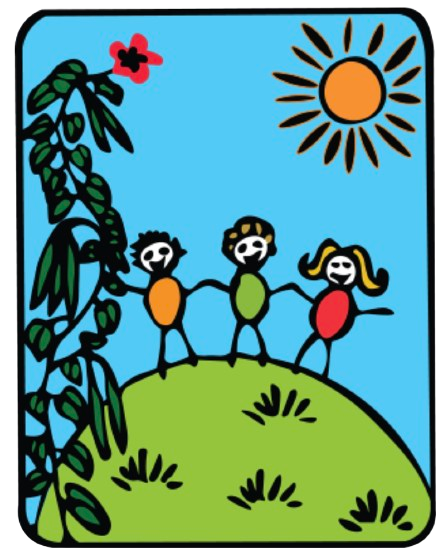PSHE
Intent
Fundamentals
What is PSHE Education?
PSHE Education is a planned programme of learning through which children and young people acquire the knowledge, understanding and skills they need to manage their lives – now and in the future. As part of a whole-school approach, PSHE Education develops the qualities and attributes pupils need to thrive as individuals, family members and members of society.
What do schools have to teach in PSHE Education?
According to the latest guidance from the government, via the National Curriculum, every school needs to have a broad and balanced curriculum that
- Promotes the spiritual, moral, cultural, mental and physical development of pupils at the school and of society
- Prepares pupils at the school for the opportunities, responsibilities and experiences of later life.
- Promotes British values
Schools also have statutory responsibilities to promote pupil well-being and pupil safeguarding (Children Act, 2004) and community cohesion (Education Act, 2006). PSHE Education plays an important part in fulfilling all of these responsibilities.
At Moorland Primary School, we use the ‘Jigsaw’ scheme of learning.
What is Jigsaw, and how does it work?
Jigsaw is a comprehensive and completely original PSHE Education programme for the whole primary school from Years F1 and 2 through to Year 6 (ages 3-11). It was launched in July 2013 and hundreds of schools across the country are using it. Jigsaw has two aims for all children.
- To build their capacity for learning.
- To equip them for life.
Jigsaw brings together PSHE Education, emotional literacy, mindfulness, social skills and spiritual development. A variety of teaching strategies are used and are mindful of each child’s preferred learning style. Jigsaw is designed as a whole school approach, with all year groups working on the same theme (Puzzle) at the same time.
What will Jigsaw teach my child?
There are six Puzzles (half-term units of work) each with six Pieces (lessons). Every year group studies the same Puzzle at the same time (sequentially ordered from September to July), allowing for whole school themes to be shared and celebrated by the whole school. Each year group is taught one lesson per week and all lessons are delivered in an age appropriate way so that they meet children’s needs. The Puzzles and what children learn:
‘Being Me In My World’ covers a wide range of topics, including a sense of belonging, welcoming others and being part of a school community, a wider community, and a global community; it also looks at children’s rights and responsibilities, working and socialising with others, and pupil voice.
‘Celebrating Difference’ focuses on similarities and differences and teaches about diversity, such as disability, racism, power, friendships, and conflict; children learn to accept everyone’s right to ‘difference’, and most year groups explore the concept of ‘normal’; bullying – what it is and what it isn’t, including cyber and homophobic bullying.
‘Dreams and Goals’ aims to help children think about their hopes and dreams, their goals for success, what personal strengths are, and how to overcome challenges, via team work skills and tasks. There is also a focus on enterprise and fundraising. Children learn about experiencing and managing feelings of pride, ambition, disappointment, success; and they get to share their aspirations, the dreams and goals of others in different cultures/countries, and their dreams for the world.
‘Healthy Me’ covers two main areas of health: Emotional health (relaxation, being safe, friendships, mental health skills, body image, relationships with food, managing stress) and Physical health (eating a balanced diet, physical activity, rest and relaxation, keeping clean, drugs and alcohol, being safe, first aid) in order for children to learn that health is a very broad topic.
‘Relationships’ has a wide focus, looking at diverse topics such as families, friendships, pets and animals, and love and loss. A vital part of this Puzzle is about safeguarding and keeping children safe; this links to cyber safety and social networking, as well as attraction and assertiveness; children learn how to deal with conflict, their own strengths and self-esteem. They have the chance to explore roles and responsibilities in families, and look at stereotypes.
‘Changing Me’ deals with change of many types, from growing from young to old, becoming a teenager, assertiveness, self-respect and safeguarding. Self and body image, puberty, attraction and accepting change are diverse subjects for children to explore. Each year group thinks about looking ahead, moving year groups or the transition to secondary school. Life cycles and how babies are made and grow are treated sensitively and are designed to meet children’s needs. All year groups learn about how people and bodies change. This Puzzle links with the Science curriculum when teaching children about life cycles, babies and puberty.
